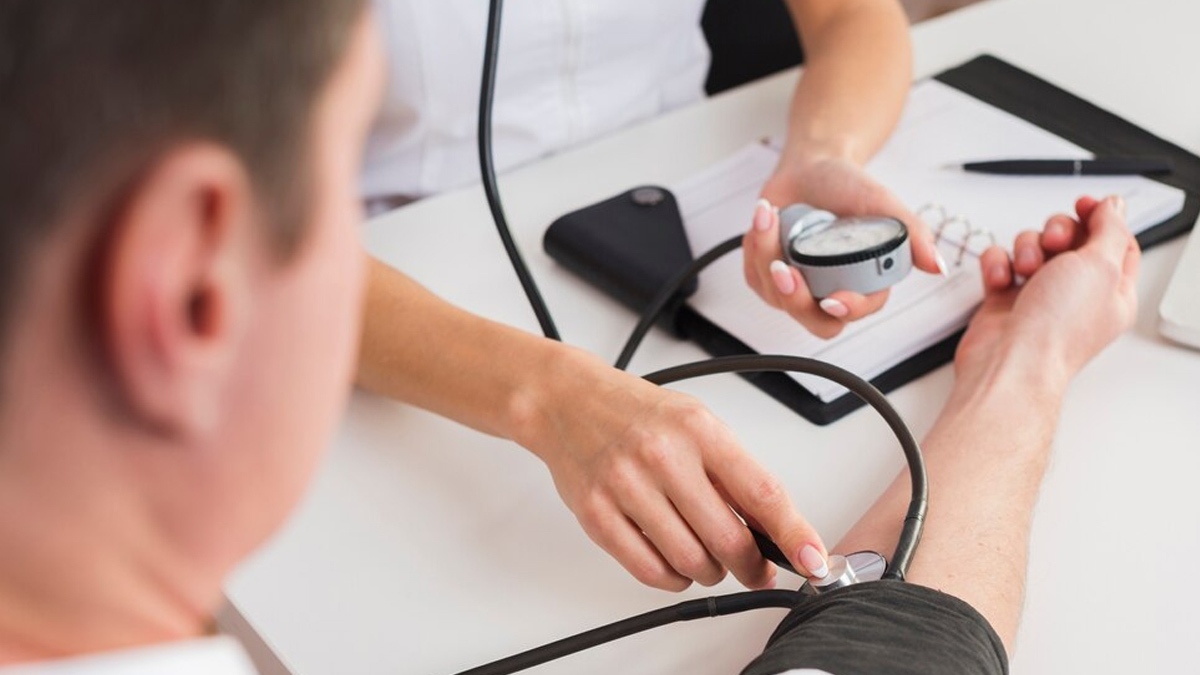
High blood sugar isn’t just a diabetes problem, it can silently harm your kidneys over time. Diabetic kidney disease, or diabetic nephropathy, affects 1 in 3 people with diabetes, making it a leading cause of kidney failure worldwide. But how exactly does uncontrolled sugar damage these vital organs? And can it be prevented? The answer lies in understanding the link between blood glucose levels, lifestyle choices, and kidney health. In this article, we break down the science behind kidney damage caused by diabetes, share expert-backed prevention tips, and explain how modern medications can protect your kidneys. Let’s explore what you need to know to safeguard your health.
Table of Content:-
What Is Diabetic Kidney Disease?
-1742364541274.jpg)
Diabetic kidney disease (DKD) occurs when prolonged high blood sugar damages the kidneys’ blood vessels and filtering systems. Dr Kiran B J, Consultant Nephrologist and Transplant Physician, Bangalore Hospitals, Bangalore explains: “Long-term, uncontrolled diabetes can overwhelm the kidneys. Over time, this leads to protein leakage, reduced filtration, and even kidney failure.”
It affects approximately 10% of the global population, with diabetes and hypertension being the leading causes. The World Health Organization WHO estimates that CKD is the 12th leading cause of death worldwide, highlighting the urgent need for prevention and early management.
ALSO READ: What Is Heart Age? Expert Explains Psychological and Chronological Differences
Key Factors That Increase Kidney Damage Risk
-1742364592609.jpg)
The expert further explained the key factors that contribute to the damage risk of kidney.
Hyperglycemia and Hypertension:
“Consistently high blood sugar and uncontrolled blood pressure are a dangerous duo,” says Dr Kiran. Both strain kidney blood vessels, reducing their ability to filter waste.
Genetics:
Some people inherit genes that make them prone to kidney issues when diabetes is present.
Duration of Diabetes:
The longer you’ve had diabetes, the higher your risk. “Early management is critical,” Dr Kiran emphasises.
Smoking/Tobacco Use:
Smoking narrows blood vessels, accelerating kidney damage.
Obesity:
Excess weight worsens insulin resistance and causes hyperfiltration (overworked kidneys).
How to Protect Your Kidneys: Expert-Backed Tips
Dr Kiran shares actionable steps to lower your risk:
- Monitor Blood Sugar and Blood Pressure: Aim for HbA1c <7% and BP <130/80 mmHg.
- Exercise Regularly: Even 30 minutes of walking daily improves insulin sensitivity.
- Adopt a Kidney-Friendly Diet: Reduce salt, avoid processed foods, and prioritise lean proteins.
- Quit Smoking: This alone can slow kidney damage progression.
- Manage Weight: Losing 5–10% of body weight improves metabolic health.
Medications That Help Safeguard Kidney Health

The expert also shared the medications that can help in kidney health
ACE Inhibitors/ARBs:
These blood pressure drugs reduce strain on kidneys by lowering intraglomerular pressure and protein leakage.
SGLT-2 Inhibitors:
Originally designed for diabetes, drugs like empagliflozin have shown “remarkable kidney benefits,” says Dr Kiran. Benefits include:
- Reducing proteinuria (excess protein in urine).
- Slowing the decline of eGFR (kidney filtration rate).
- Lowering heart disease risk.
Conclusion
Taking control of your blood sugar isn’t just about managing diabetes—it’s about protecting your kidneys and overall health. By understanding the risks, making lifestyle changes, and staying proactive with medical care, you can significantly reduce the chances of kidney damage. Remember, your kidneys play a vital role in keeping your body healthy, and with the right care, you can ensure they stay strong for years to come.
Also watch this video
How we keep this article up to date:
We work with experts and keep a close eye on the latest in health and wellness. Whenever there is a new research or helpful information, we update our articles with accurate and useful advice.
Current Version
